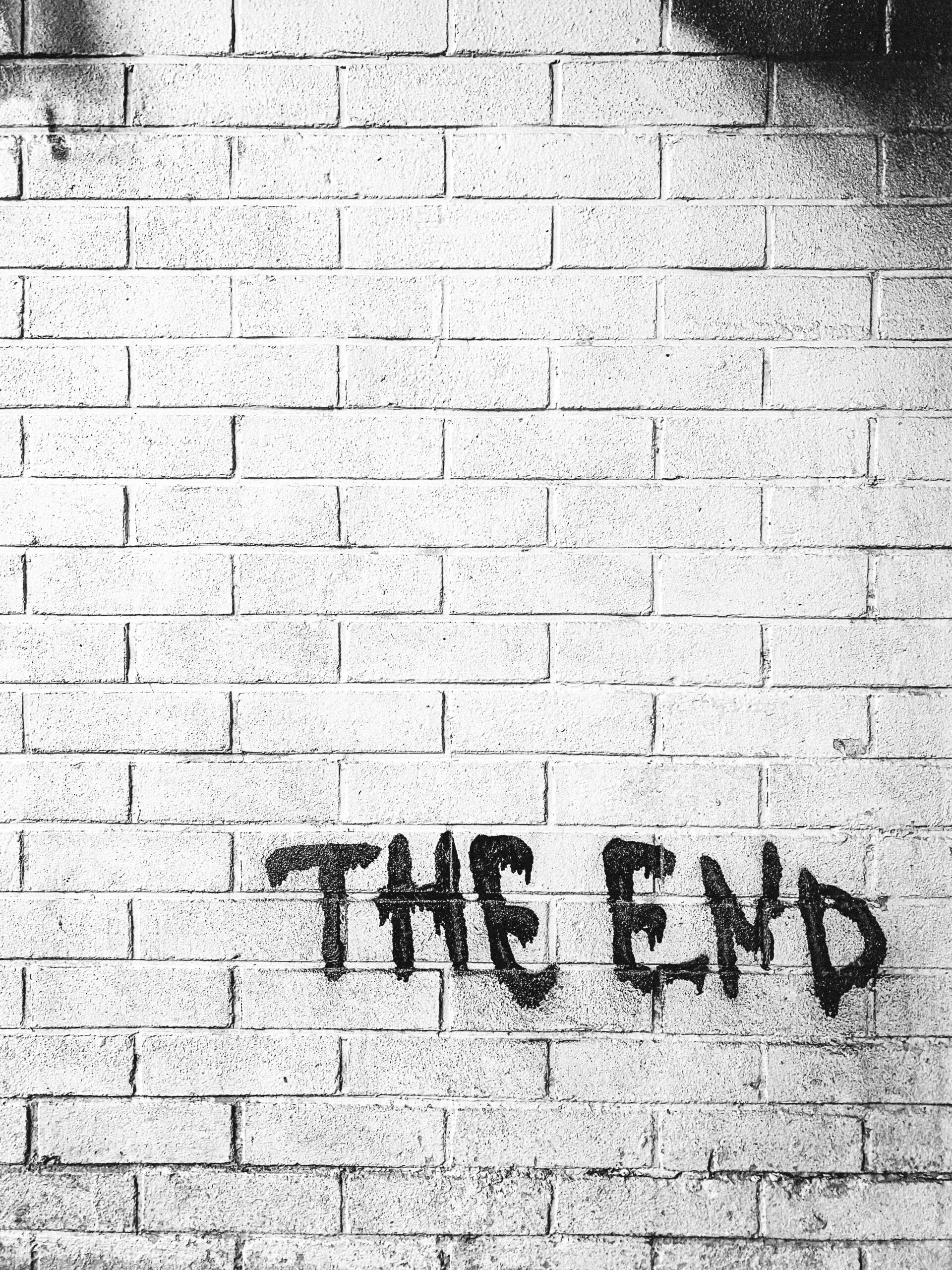
Asking what mental illness is might seem a little silly. I mean depression, anxiety, bipolar, OCD, schizophrenia, etc., etc., etc. are mental illnesses, right? Yes, of course they are. But I mean the question more generally. I don’t want examples of mental illnesses. I want to know what makes something a mental illness. AIDS, Covid, and Lyme are all physical illnesses, and they are the body’s reaction to a pathogen. So, in a sense, the pathogen is the illness. With most mental illnesses, there is no pathogen that we know of. Without the infection, what is the illness?
There is debate about this in the world of psychology/psychiatry. This article from Psyche outlines the problem as well as any I’ve seen. The author believes, essentially, that mental illness (he actually uses the word disorder) is nothing more than a network effect of a group of symptoms. He even says in the title that “Mental Disorders Aren’t Diseases.” It’s interesting and has some value. In the article, McNally talks about looking at bipolar as a network and doing some statistical analysis which shows it’s less about mood than it is about energy. Still, I can’t quite get behind the theory and I want to explain why.
I should mention that I am not a doctor or psychologist or psychiatrist or any kind of expert. I’m just some dope with depression who spends a lot of time pondering what’s wrong with himself. So, take anything I say accordingly.
One reason I have some trouble with the idea that mental illness is just a network of symptoms is the word network. I know this isn’t fair, but networks are kind of a fad now. I always think it’s a little too convenient when a natural phenomenon is explained in terms of a hot new trend. The brain isn’t a computer or a steam engine. Networks are better than blockchains, but it makes me a little suspicious right at the top. As I said, not fair. That’s just a bias of mine.
There are, thankfully, more substantive reasons. One is that I’m a little confused about what is being networked. The obvious answer is symptoms, but what does that really mean? When dealing with mental disorders, symptoms come down to mental states. Low mood, irritability, trouble sleeping, lack of energy, and short attention span networked together is depression. But if you swap trouble sleeping for sleeping too much and irritability for disinterest, it’s still depression. So, what about the network, which combination of things, makes the disorder? A lot of mental states are fungible. Does it not matter to the network what is being networked?
Another issue is what causes the states to network in the first place? I hate to think it’s random or spontaneous. Looking at it from the network perspective, our minds are always a network of mental states. When someone suffers from a mental disorder, the network is changed in a detrimental way. But if we focus on the network as the disorder, might we be neglecting the actual cause?
My biggest reason for not liking the networked symptoms idea, I have to admit up front, is an example of a logical fallacy, the appeal to consequences. In other words, this has nothing to do with whether it is true or false. Saying that a mental disorder is nothing more than a network of symptoms is awfully deflationary. It makes it seem like depression and anxiety and bipolar aren’t real. Or at least not really real. I know that’s not at all what McNally means, but it feels that way. If depression is the networked states I listed above, just get some sleep and smile more and the depression’s gone. Easy peasy. Except I know from experience that it’s not nearly so easy. There’s already a lot of people who misunderstand mental illness which adds to the stigma associated with mental illness. I’m afraid this theory could make it worse.
So, getting back to how I started this piece, if mental illness isn’t just a network of symptoms, what is it? Sadly, I don’t know. Remember, I’m just some dope. But I do have a guess. I actually think mental illness, in most cases, is more akin to physical injuries than to physical infections. Depression could be like a broken bone and anxiety is like a hernia. They do have actual, traceable causes. However, once the damage is done, the cause doesn’t matter much. The damage is what has to be treated.
Mental illness is probably a misleading label whether I’m right or if McNally is right or if neither of us is right. Should we drop it? What would we switch to? I’m ok with disorder, but I feel like there’s baggage there. Would mental injury catch on? Do you have any other suggestions?












This is such an interesting read! I’m no expert either but I think this research may unintentionally further add to the stigma surrounding mental illness – I don’t particularly like the comparison to a network either. Thank you so much for sharing!